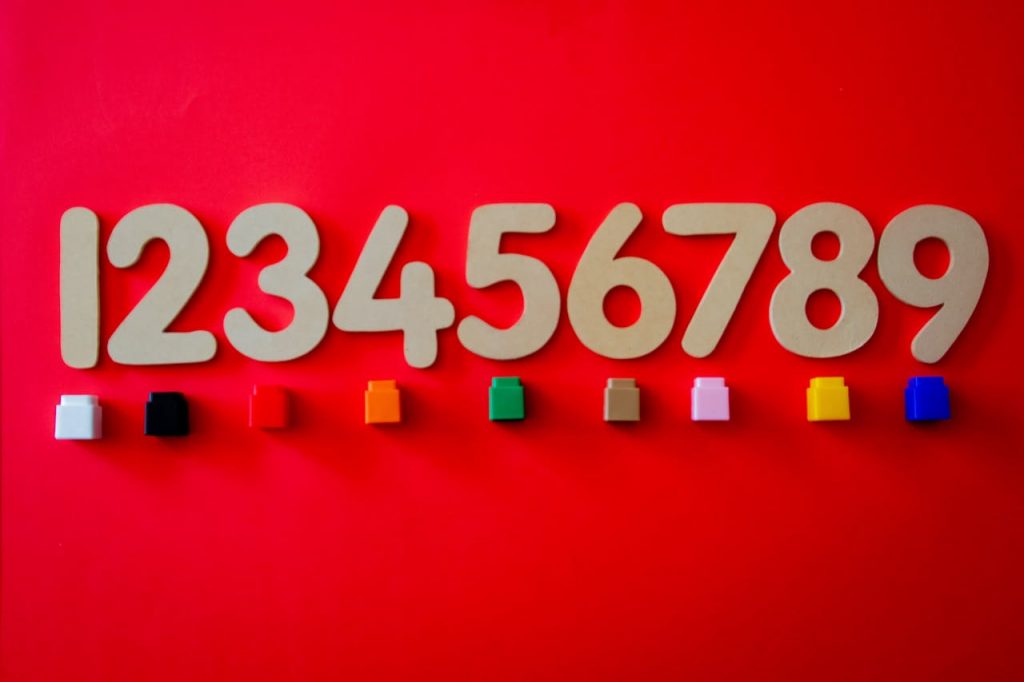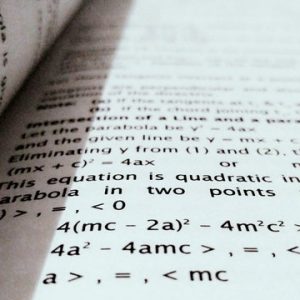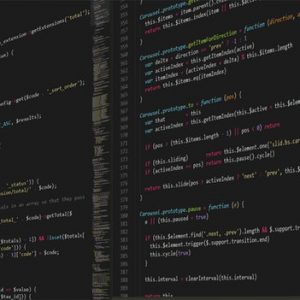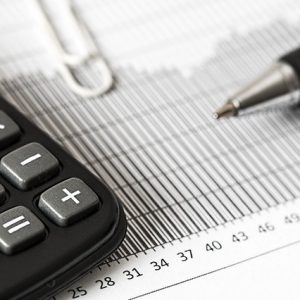
GCSE Maths stands for General Certificate of Secondary Education in Mathematics. It is a standardized academic qualification in mathematics typically taken by students in the United Kingdom at the end of their secondary education, usually in Year 11 (ages 15–16).
GCSE Maths covers a wide range of mathematical topics and skills, including:
- Number and Algebra: This includes basic arithmetic operations, fractions, decimals, percentages, ratio and proportion, algebraic expressions, equations, and inequalities.
- Geometry and Measures: Topics in geometry include properties of shapes, angles, area, perimeter, volume, and transformations. Measures cover units of measurement, conversions, and calculating lengths, areas, and volumes.
- Statistics and Probability: This involves collecting, organizing, and analyzing data using graphs, charts, and statistical measures such as mean, median, mode, and range. Probability covers the likelihood of events and using probability models to make predictions.
- Mathematical Reasoning: This involves problem-solving, logical reasoning, and applying mathematical concepts to real-world situations.
GCSE Maths assessments typically include a combination of written exams, practical assessments, and coursework. The exams may consist of both multiple-choice and open-ended questions, testing students’ understanding, problem-solving skills, and ability to apply mathematical concepts in various contexts.
Achieving a good grade in GCSE Maths is important for many further education and career paths, as it demonstrates proficiency in essential mathematical skills and concepts. GCSE Maths qualifications are widely recognised and accepted by universities, colleges, employers, and other educational institutions both within the UK and internationally. And best of all, the subject can be studied online with online colleges such as Open College.
Ready to Start Studying?
-

Online GCSE Bundle
£550.00 Select options -
Sale!

Online GCSE Geography
£290.00 Select options -
Sale!

Online GCSE Mathematics
£290.00 Select options -
Sale!

Online GCSE Sociology
£290.00 Select options -
Sale!

Online GCSE Travel and Tourism
£290.00 Select options -
Sale!

Online International GCSE Accounting (Cambridge)
£500.00 Select options -
Sale!

Online International GCSE Biology
£290.00 Select options -
Sale!

Online International GCSE Business
£290.00 Select options -
Sale!

Online International GCSE Chemistry
£290.00 Select options -
Sale!

Online International GCSE Combined Science (Double Award)
£495.00 Select options -
Sale!

Online International GCSE Computer Science
£290.00 Select options -
Sale!

Online International GCSE Economics
£290.00 Select options
